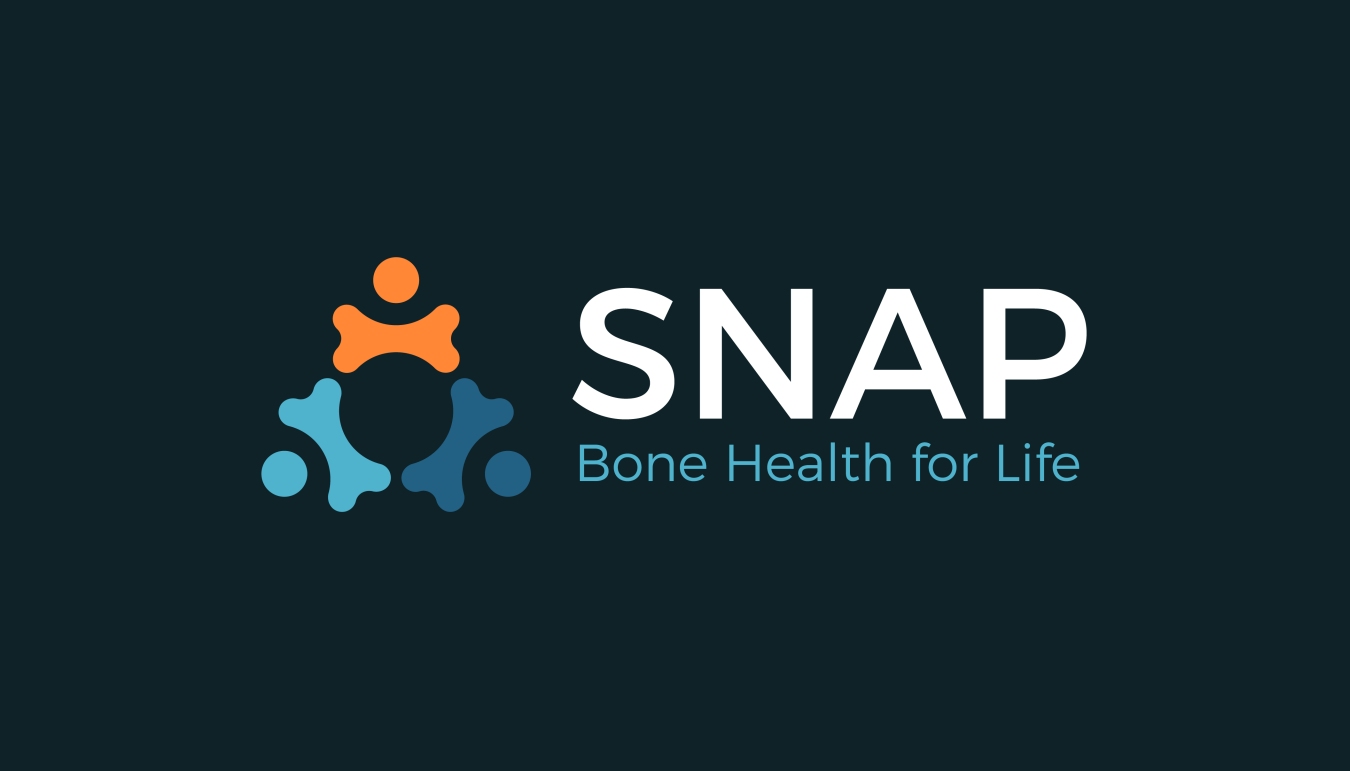Bone Health for Kids: Nurturing Strong Bones from an Early Age
- byAdmin
- 27 August, 2024
- 20 Mins

...
Overall health and well-being depend on bone health since bones support, protect, and help move our bodies. Therefore, nurturing strong bones from an early age is crucial for lifelong bone health.
Nutrition, exercise, rest, and play help build healthy bones early on.
Why Is It Important for Children to Have Healthy Bones?
Strong bones are essential for rapid growth in childhood, so nurturing your kids' optimal bone growth is crucial for reaching their maximum height potential.
During childhood and adolescence, bone density and strength peak by the time a girl is 18 and a boy is 20. So, early childhood is the best time to start nurturing our bones.
Also, children are always on the go and more susceptible to falls and accidents. However, strong bones are less prone to fractures, which decreases the risk of injuries and enables children to recover more quickly.
Finally, because bone health deteriorates with age, establishing strong bones early in childhood is crucial to reducing the risk of brittle bones, fractures, and osteoporosis later in life.
How Can You Help Children Develop Strong Bones?
During childhood and adolescence, bone density and strength peak by the time a girl is 18 and a boy is 20. So, early childhood is the best time to start nurturing our bones.
Here are five crucial strategies to help you raise children with strong bones.
- Feed Them a Balanced Diet
Healthy nutrition is the cornerstone of bone health in kids. Vitamin D and Calcium are essential for bone growth and development, so give your kids calcium-rich foods and ensure they get enough vitamin D.
Calcium is a mineral vital for building healthy bones. It is found in milk and dairy products (yoghurt, cheese), leafy green vegetables, tofu, beans, seeds, nuts (chia seeds, sesame seeds, almonds), canned sardines, calcium-fortified orange juice, and cereal.
Vitamin D can be obtained from sunlight exposure, foods such as egg yolks, salmon, dairy and plant milk fortified with vitamin D, and supplements if necessary. - Encourage Regular Physical Activity
Physical activity is essential for children's health and growth, helping them develop healthy bones and muscles.
Encourage your children to engage in weight-bearing exercises such as running, jumping, dancing, and playing sports to build bone strength and density. Swimming, walking, cycling, and other low-impact exercises are excellent for fostering agility, balance, muscle tone, and strength, providing little chance for bone or joint injury. - Limit Screen Time
Children nowadays are more indoors-oriented than ever, spending excessive time in front of screens. A sedentary lifestyle has been linked to children's health and well-being problems, increasing their risk of osteoporosis later in life.
So, reduce your kids' screen time and encourage them to play and spend time outdoors instead. Set a good example by taking breaks from technology throughout the day and spending time outside with your children. - Ensure Adequate Sleep
Sleep allows the body to repair and create tissues, including bones. Therefore, to foster strong bones early, ensure your child gets enough sleep. - Schedule Regular Check-Ups
Regular visits to your child's doctor are essential, as they can monitor your child's bone health and suggest strategies for nurturing healthy bones.
Takeaway
Strong bones promote growth, support movement, lower the chance of injury, and contribute to overall well-being. By encouraging proper diet, physical exercise, and healthy behaviours, you are laying the groundwork for strong bones later in life.


